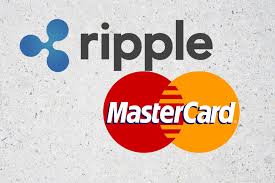Globally, central bank digital currencies (CBDCs), also referred to as digital versions of government-backed fiat money, are gaining a lot of interest. According to data from the Bank for International Settlements, 4 retail CBDCs are already fully operational, and 93% of central banks are now engaged in CBDC-related operations. By taking a proactive stance, Mastercard is making an effort to comprehend and apply CBDCs.
Jesse McWaters, who oversees Mastercard’s global regulatory advocacy efforts, drew attention to the need to address a number of issues, some of which include the CBDCs’ issuance by the private sector as well as security, privacy, and interoperability.
To promote collaboration among professionals in the field and foster innovation, Mastercard has introduced the CBDC Partner Programme. Consult Hyperion, Giesecke+Devrient, Fireblocks, Consensys, Fluency, and Idemia are a few of the eminent businesses that have teamed up with this initiative as partners.
Currently, these entities are working diligently on a number of CBDC-related fronts. For instance, Ripple has collaborated with the Republic of Palau to create a government-issued national stablecoin, and the business is now taking part in four CBDC projects.
Raj Dhamodharan, Mastercard’s head of digital assets and blockchain, recently gave a presentation in which he underlined the value of payment interoperability as well as the practicality of CBDCs. As we move forward into a digitally driven future, it will be crucial that the value held in a CBDC is as simple to utilise as other kinds of money, he said.
The numerous objectives that governments have in mind for CBDCs were highlighted by Sebastian Baierle, the manager of strategic alliances for CBDC at G+D. In contrast to the Swedish central bank, which is primarily concerned with ensuring that consumers have access to money that is directly insured by the central bank, the Bank of Ghana aims to use CBDCs to increase the number of people who participate in the formal financial market.


